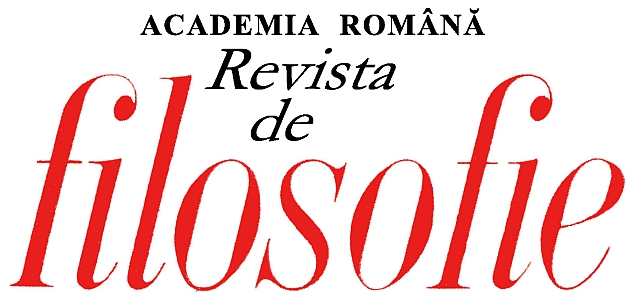DERIVARE EMPIRICĂ ŞI DEDUCŢIE TRANSCENDENTALĂ.
DESPRE DIFERENŢA EPISTEMOLOGICĂ DINTRE LOCKE ŞI KANT
Empirical Derivation and Transcendental deduction. On the Epistemological Difference between Locke and Kant
Author(s): Constantin StoenescuSubject(s): Philosophy, History of Philosophy, Epistemology, German Idealism
Published by: Editura Academiei Române
Keywords: knowledge; the origin of concepts; empirical derivation; transcendental deduction; John Locke; Immanuel Kant;
Summary/Abstract: My attempt in this paper is to take into account the historical relation between Locke’s Essays on Human Understanding and Kant’s Critique of Pure Reason, a topic which was traditionally neglected in favour of a debate about the role of David Hume in Kant’s awakening from the so called „dogmatic sleep”. Andrew Seth in 1893 and James Gibson in 1960 compared the epistemologies of Locke and Kant. My working hypothesis is that although we are attracted to discover the similarities between the two and to reveal anticipations of some Kant’s ideas in Locke’s Essay, there is a big epistemological gap between Essay and Critique sprung from the difference between empirical derivation of concepts, one of the main ideas in Locke’s Essay, and the transcendental deduction of them, the new philosophical project developed by Kant.
Journal: Revista de filosofie
- Issue Year: LXVII/2020
- Issue No: 5
- Page Range: 521-536
- Page Count: 16
- Language: Romanian, Moldavian

